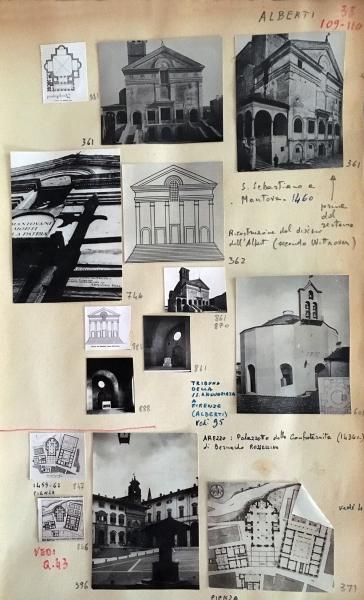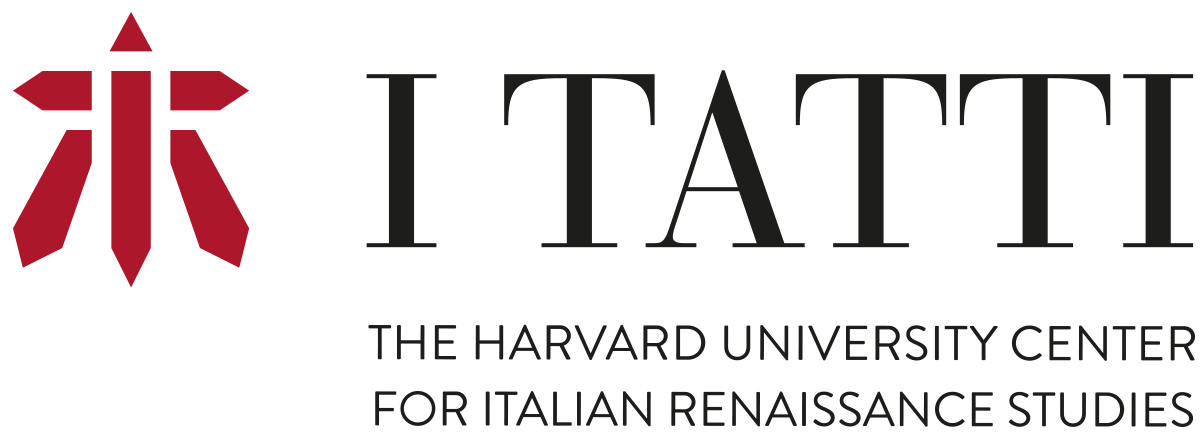Date:
Location:

Faced with the task of reconstruction following the Second World War, architects interpreted the Renaissance in a variety of ways. Sometimes seen as a model of ‘rebirth,’ the Renaissance could also appear as the chief repository of the defunct canons from which modern architects had to escape. Bruno Zevi continually negotiated such oppositions in his historical and critical writings, as he sought to interrogate the meaning of the Renaissance for the modern world. Having recourse, at different times, to both radical instrumentalization and polemical disavowal, Zevi grappled with a Renaissance suspended between historicity and contemporaneity.
Roberto Dulio – “Bruno Zevi: cronache e storia”
Bruno Zevi’s historiographic project is the result of his militant critical engagement and his education, developed between Italy and US, where he fled to escape the racial laws introduced in his country. The determinism between history and project of the Roman School of architecture and the influence of the teachings of Lionello Venturi brought Zevi to redefine the maieutical connection between contemporary architecture and architecture of the past; between a specific expressive option and a precise political condition. Both results were by mean of a dialectic in terms of black and white, between two fiercely opposed positions, heated by hidden biographical instances and developed with captivating story-telling tension.
Caspar Pearson – “Corresponding with a Chameleon: Bruno Zevi and Leon Battista Alberti”
In his first book, Verso un’architettura organica (1945), Bruno Zevi described the Italian Renaissance architect and writer Leon Battista Alberti as a classicist who lacked a “sense of humour.” Zevi returned to Alberti in subsequent publications, continually adjusting his view of a figure whom he found to be simultaneously relevant and untimely, impressive and unlikeable. His shifting position reflects a broader equivocation regarding the Renaissance; a period that, in Zevi’s view, might constitute both a resource and an obstacle for modern architects.

Roberto Dulio is Assistant Professor in History of Architecture at the Facoltà di Architettura of Politecnico di Milano. His main investigation areas include modern and contemporary history of architecture and its relationships with arts and photography. He has curated several exhibitions, and published extensively in the field of history of contemporary architecture. He is the author of Introduzione a Bruno Zevi (Laterza, Roma-Bari 2008).
Caspar Pearson, Senior Lecturer at the University of Essex, is a specialist in the art, architecture, and urbanism of the Italian Renaissance. In addition, he writes about some aspects of contemporary architecture and urbanism, particularly in relation to the European Union and the process of globalisation. His work also explores issues relating to historiography and exhibitions. Caspar's first book, Humanism and the Urban World: Leon Battista Alberti and the Renaissance City, was published by Penn State University Press in 2011. He continues to work on Leon Battista Alberti and the theory and practice of Renaissance architecture. His current book project, The Classical Disorders, examines material from the Italian Renaissance but situates it in relation to material from other chronological periods and geographical areas.

Rinascimenti: Colloquia on the Historiography of Early Modern Art
This series of lectures and seminars jointly organized by Villa I Tatti – The Harvard University Center for Italian Renaissance Studies and the research group Rinascimento conteso of the Kunsthistorisches Institut in Florenz – Max Planck Institut aims to reassess the Renaissance as a historiographic paradigm. Against the background of the traditional research interests that guided the founding of both institutions, the project's goal is to put such a paradigm to the test, debating its impact and status in the discipline by bringing together a polyphony of critical voices from the international scholarly community. The events will focus on key texts that successfully and meaningfully engaged with the defining issues of the Renaissance from both a formal and a more broadly cultural point of view. Returning to those canonical texts of the art historical discipline that, from the late nineteenth into the twentieth century, contributed to crystallize and define the concept in academic circles, each event will respond to the evolving history of the field and to the various critical turns that it has undergone in more recent times. The aim of the series is to determine whether such a category—often replete with elitist and Eurocentric connotations—can still be useful as an interpretive tool to see and read the past, one that can not only advance knowledge specific to studies of the early modern West, but also offer more far-reaching methodological lessons.
